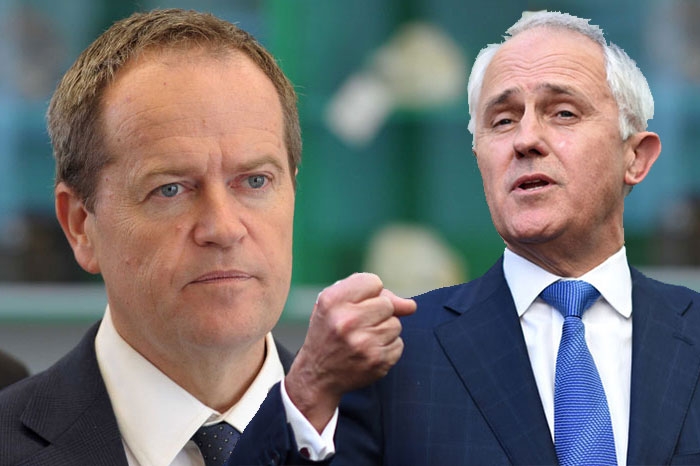AUSTRALIAN voters go to the polls on 2 July, after Prime Minister Malcolm Turnbull called a double dissolution of both Houses of Parliament on 8 May. Halfway through the lengthy 55-day electoral campaign, Australia’s relations with its Pacific neighbours have not been a feature of the election.
Despite this, the final result will have important implications for the region, as Australia remains the key aid, trade and military power in the islands, despite anger over Canberra’s climate policy. Current polling suggests a close result, after Australian Labor Party (ALP) leader Bill Shorten has improved his party’s standing following a disastrous election defeat in 2013.
Shorten, a former trade union leader, has advanced popular policies on taxation, health and education, but must overcome criticism of the record of ALP governments between 2007-13. Leading a Coalition government of Liberal and National parties, Turnbull took office in a leadership spill last September, defeating his more conservative rival Tony Abbott.
The Abbott government’s climate policies were widely condemned around the region, and Turnbull is hoping his foreign affairs team can improve Australia’s international standing (look out for yet another post-election Cabinet reshuffle affecting Foreign Minister Julie Bishop, Trade Minister Steve Ciobo and Minister for International Development and the Pacific Concetta Fierravanti-Wells).
…..to read more buy your personal copy at
